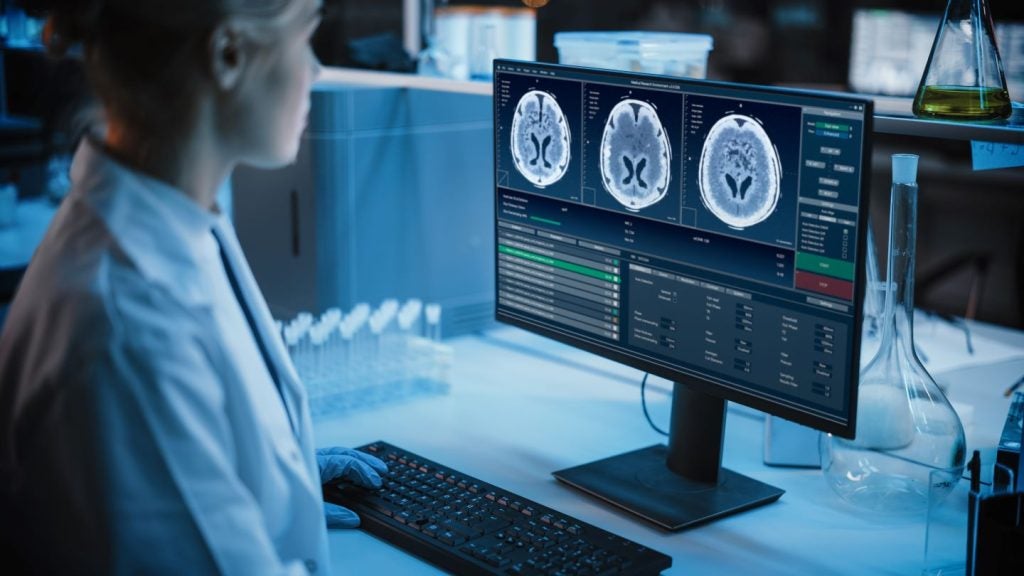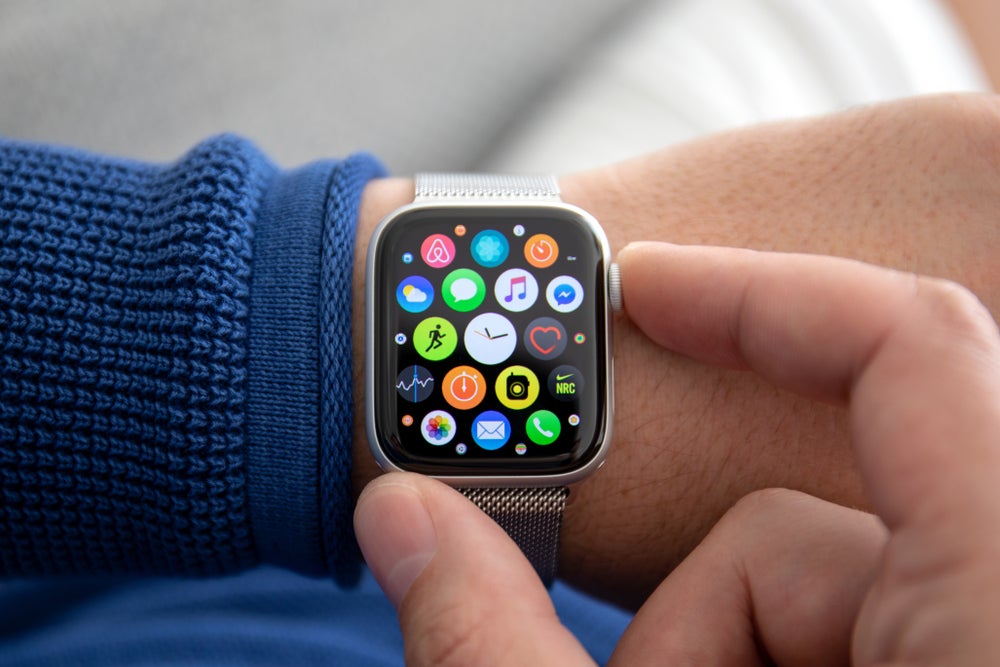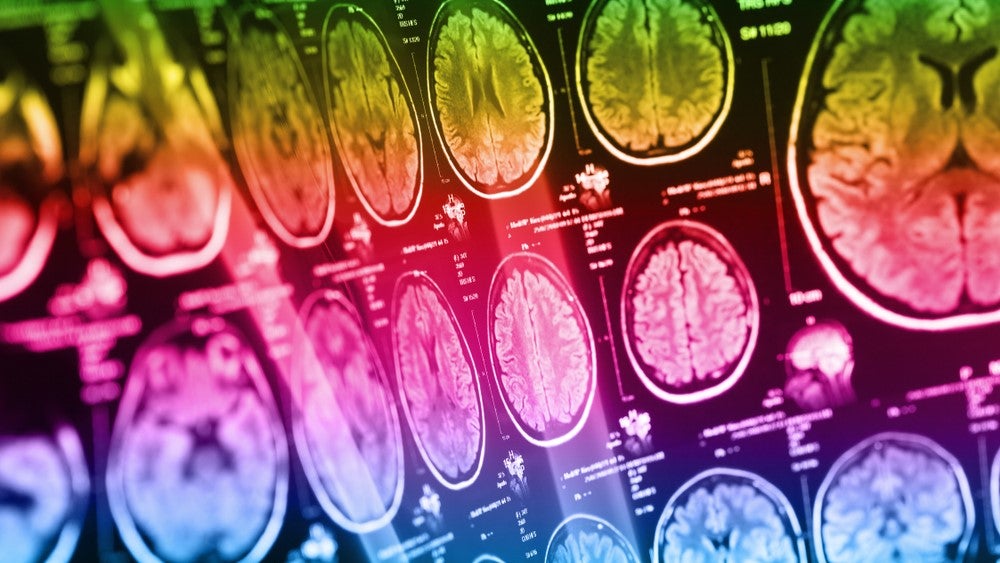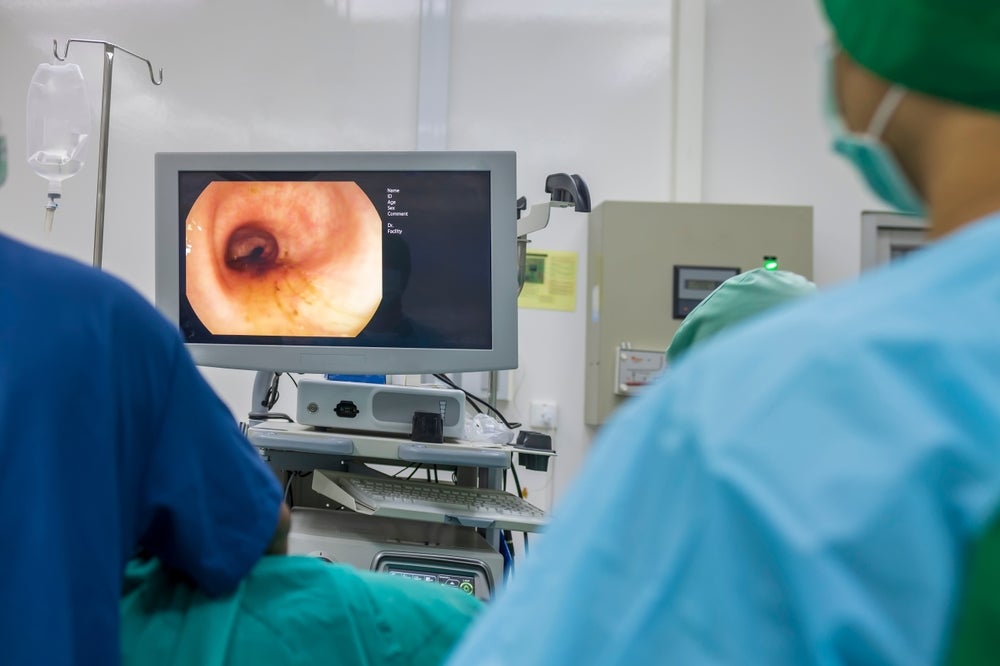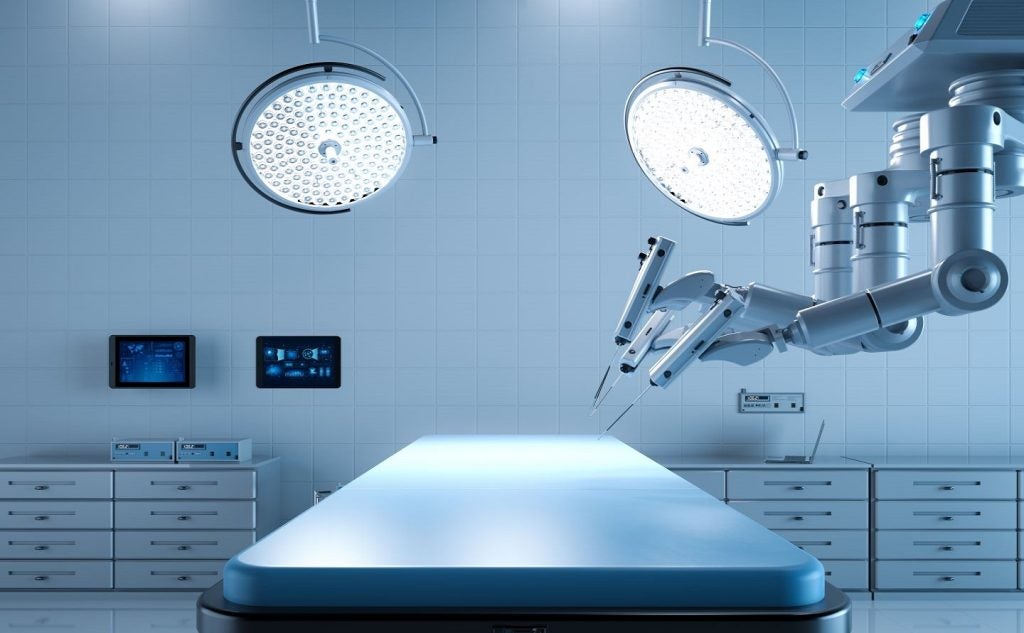The University of Oxford researchers have leveraged Clario’s Precision Motion Opal wearable sensor technology for a study to understand motor symptom progression in individuals with Parkinson's disease.
This advancement is anticipated to hold significant potential for neuroscience clinical trials and future treatments.
By conducting the comprehensive study, which was funded by UCB Pharma, researchers were able to track the motor symptom progression in these individuals better compared to conventionally used clinical rating scales using Clario's machine learning and wearable sensors.
It was found that wearable technology identified disease progression much faster than the conventional approach.
Clario's scientific and technical knowledge was used to gather accurate digital movement endpoints, leading to the early detection of disease progression.
This will help speed up the development of new Parkinson's disease medications and potentially enable earlier intervention for patients with this condition.
The University of Oxford study was led by Chrystalina Antoniades, an associate professor of neuroscience, clinical neurology.
It is a part of the Oxford Quantification in Parkinsonism project and it utilised Clario's Precision Motion Opal wearable sensors to record motor impairment in individuals with Parkinson's disease and Progressive Supranuclear Palsy.
Clario medical and scientific affairs vice-president Kristen Sowalsky said: “We are honoured to support professor Antoniades with her pivotal research and are very excited about the positive implications of these results on the Parkinsonism field.
“This breakthrough demonstrates the essential benefit of using wearable technology and machine learning algorithms to track Parkinson’s disease progression more accurately and assess the efficacy of early therapeutic intervention.”


